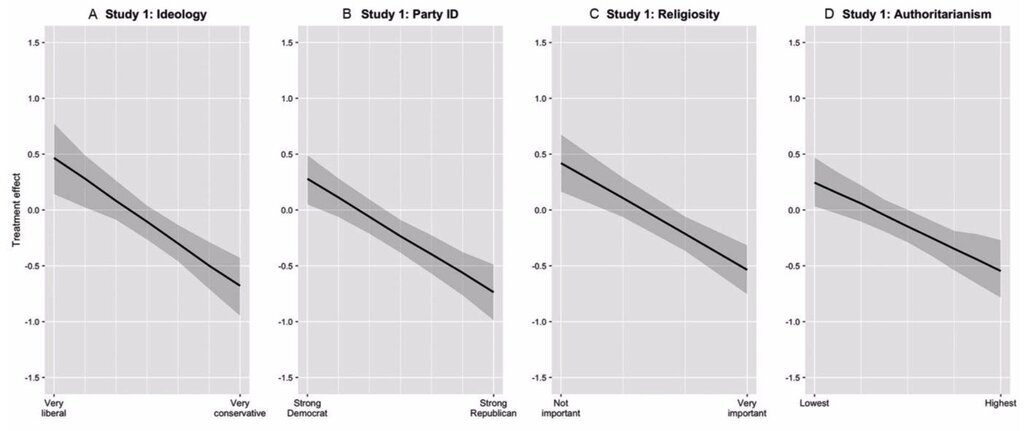New CPC Faculty Research Shows Bias Against Transgender Candidates : New research shows bias against transgender candidates
University of Delaware researchers examine hurdles faced by transgender candidates

By Charles J. Mays, Graduate Fellow for the University of Delaware’s Center for Political Communication
Read the Journal of Politics article via link or PDF.
MARCH 11, 2019″University of Delaware research reveals that a political candidate’s identification as transgender influences voter perception and negatively affects the candidate’s chance of winning an election. Center for Political Communication affiliated faculty member Dr. Phil Jones and CPC Research Director Dr. Paul Brewer conducted the study to understand what voters infer from a candidate’s gender identity and what effects if any, these inferences have on voter decisions. The Journal Of Politics published their article, entitled “Gender Identity as a Political Cue: Voter Responses to Transgender Candidates.”
Using a set of experimental studies in which respondents were asked to assess candidates presented to them, Jones and Brewer discovered that when a candidate’s gender identity as a transgender person was revealed, respondents were less likely to perceive the candidate as representative of them. Respondents were more likely to rate the transgender candidate as more liberal, out of sync with their preferences, and thus unlikely to receive to vote for them.
While the overall effect of knowing a political candidate was transgender was negative, the effect did vary across variables such as ideology, party identification, religiosity, and support for authoritarianism. The research noted that this effect persisted even when the transgender candidate’s party was made known, as respondents were still more likely to perceive the transgender candidate to the left of the Democratic candidate whose gender identity was not made known. Overall, their research provides evidence that transgender individuals who run for office are more likely to be stereotyped, thus making their chances of success more difficult.

Partisan labels have limited effect on perceptions of transgender candidates
Jones, who served as the principle author for this piece, said that this work builds upon a previous study where his team found voters were less likely to vote for transgender candidates. He was inspired by the recent campaigns of Christine Hallquist in Vermont and Danica Roem in Virginia. His team designed an experiment that would explore why voters were less likely to vote for transgender candidates. Going into the study, Jones noted that he didn’t have strong expectations. “We’d done the earlier research that indicated transgender candidates received around 30 percentage points less support than cisgender candidates, so I wasn’t surprised that voters were less likely to vote for a transgender candidate.” However, Jones was surprised to see that the hesitation persisted even when respondents in the experiment were made aware of the candidate’s party identification.
“I don’t think I expected the results to be as strong once we applied partisan labels”usually once respondents learn a politician is a Democrat or Republican, all other aspects of their character fade in importance,” said Jones. “But our experiments showed that even after revealing the party identification, respondents used a candidate’s gender identity to infer her ideology and ability to represent them. Respondents thought that a Republican identified as transgender was ‘more liberal’ than the Democrat whose gender identity was not mentioned. That’s a pretty strong effect, and suggests voters infer a lot from a candidate’s gender identity.”
Looking forward, Jones was asked if he thought these effects would continue to be seen giving the increasing rise and visibility of transgender candidates, but he pointed out the issue is twofold. “On the one hand, the more that people are exposed to individuating information about specific candidates, the less we might expect them to stereotype politicians on the basis of their gender identity. On the other hand, the parties’ polarizations on LGBTQ issues means that most trans candidates identify as Democrats not Republicans now, so that might continue to reinforce the inference that trans candidates are more liberal.”
